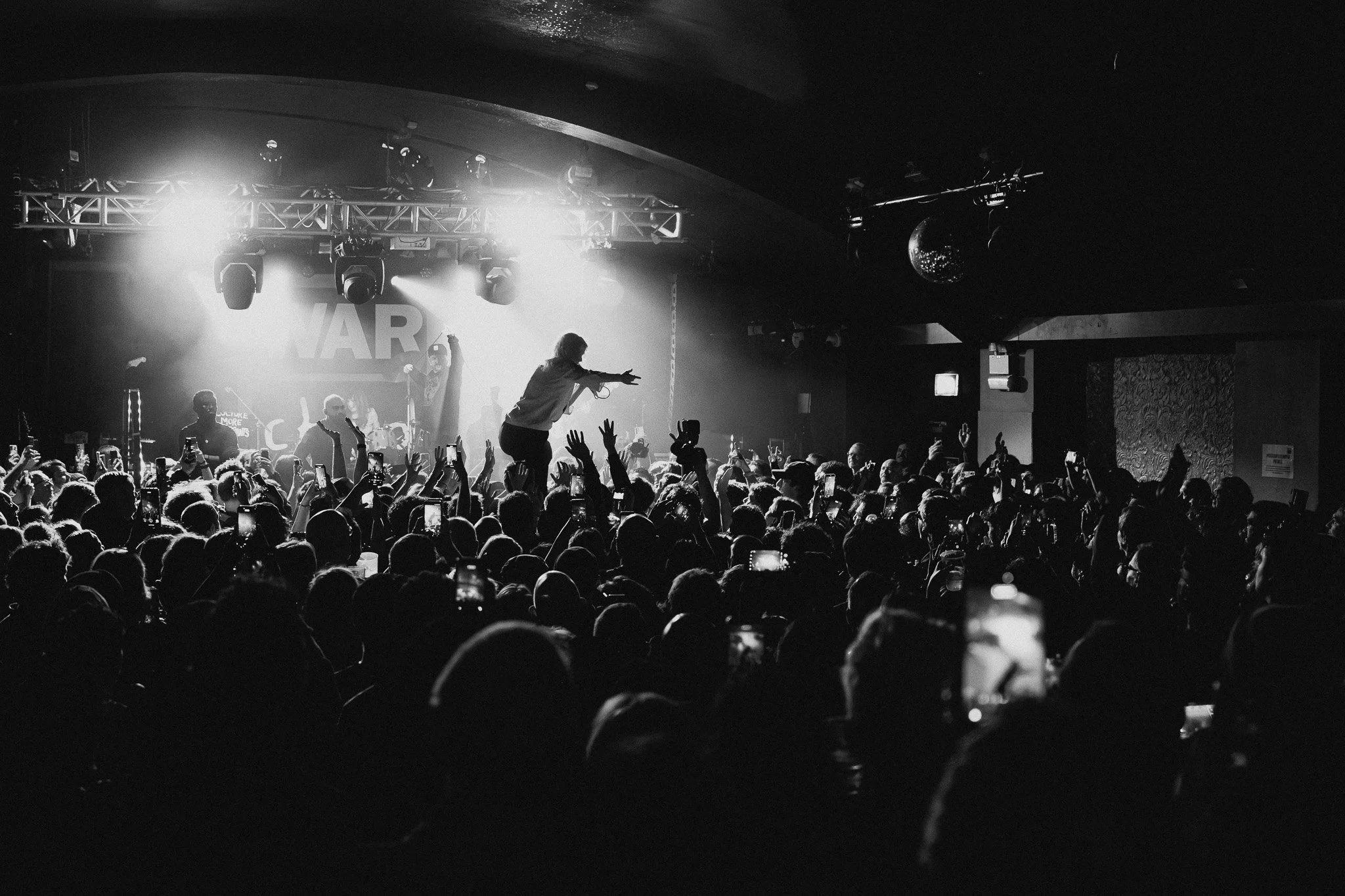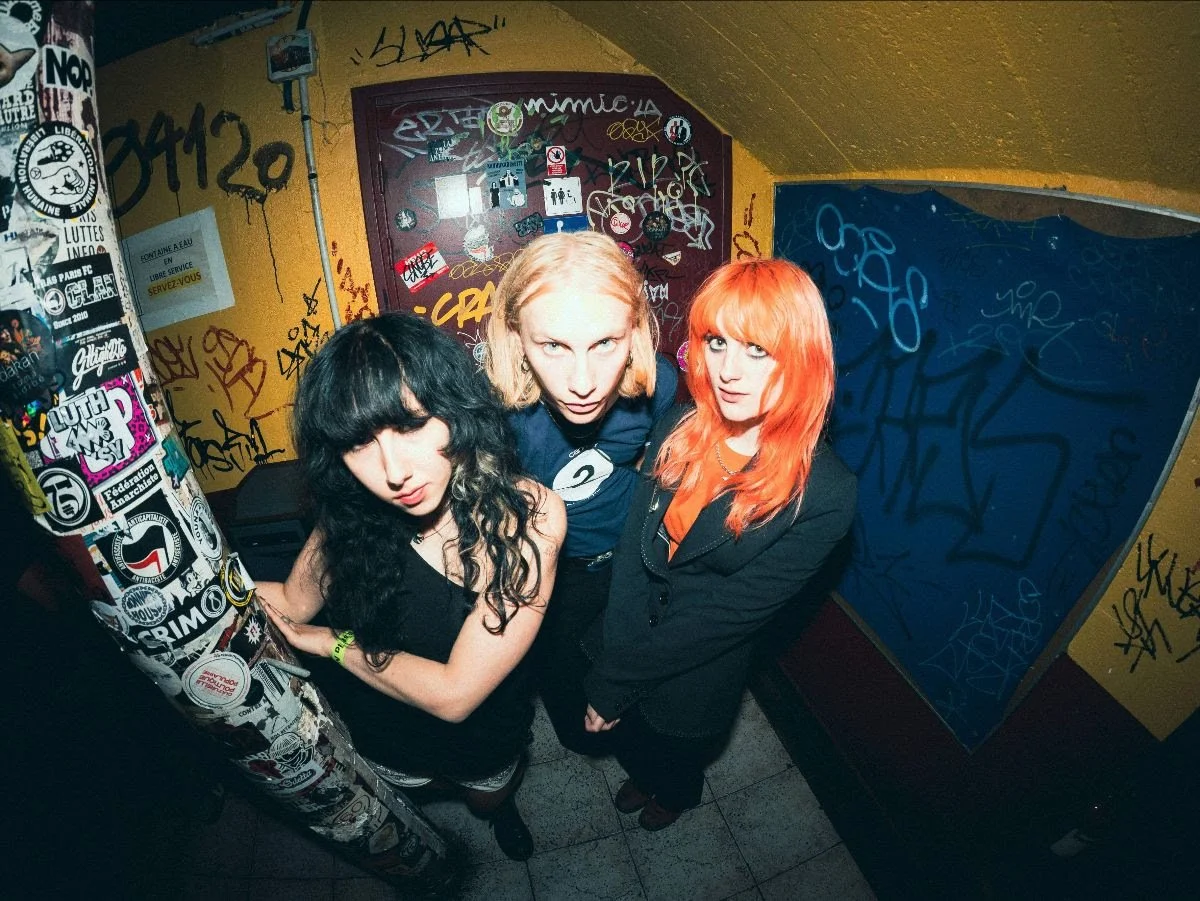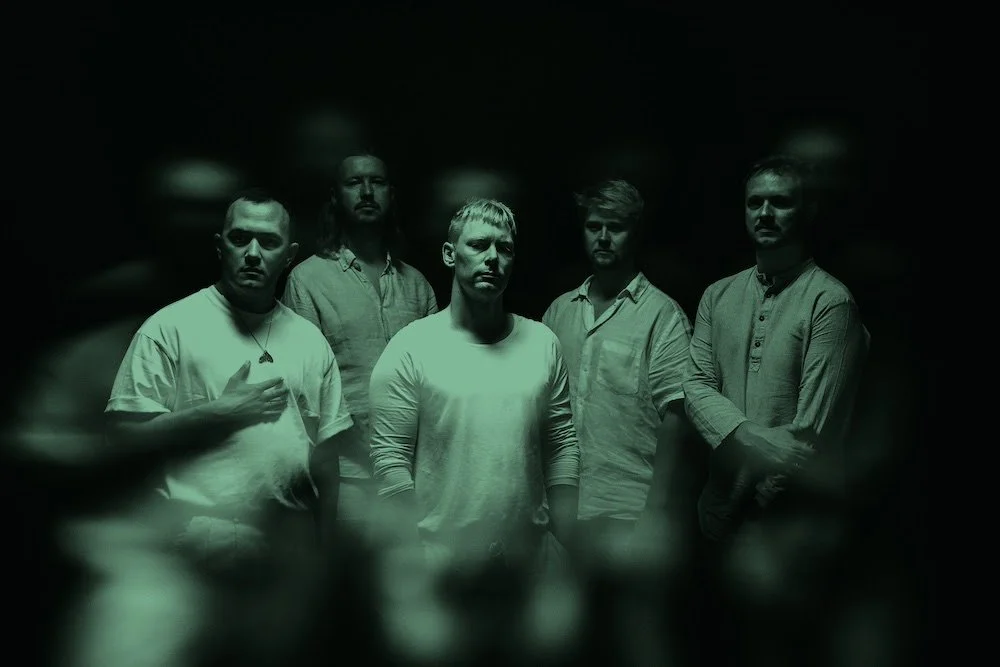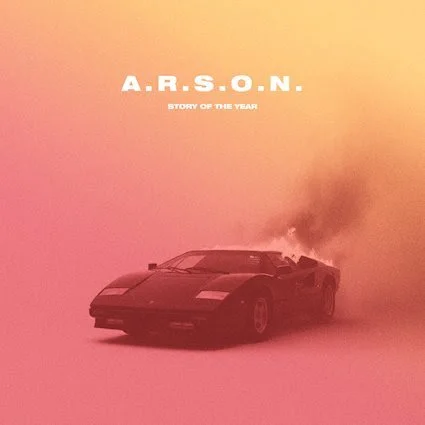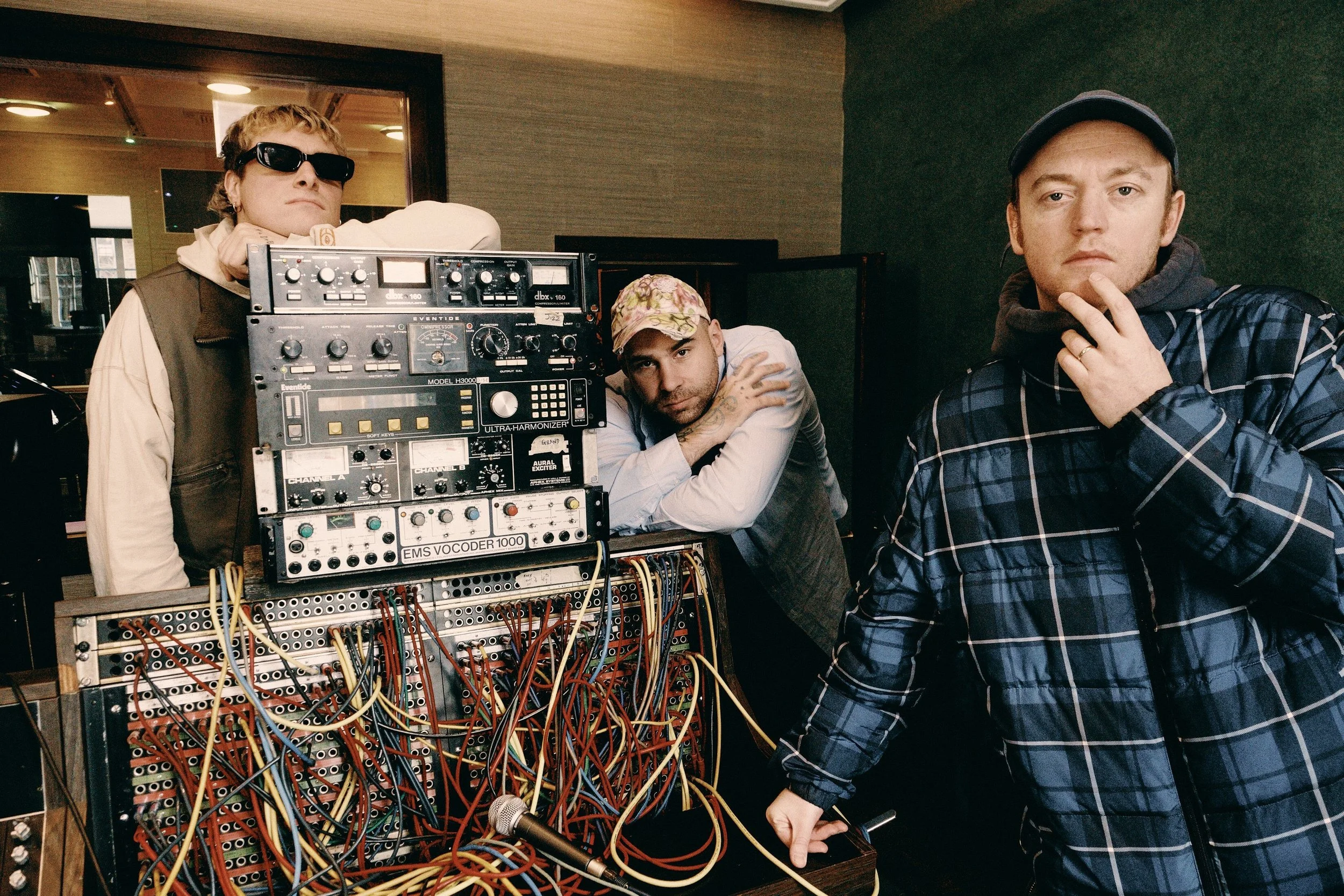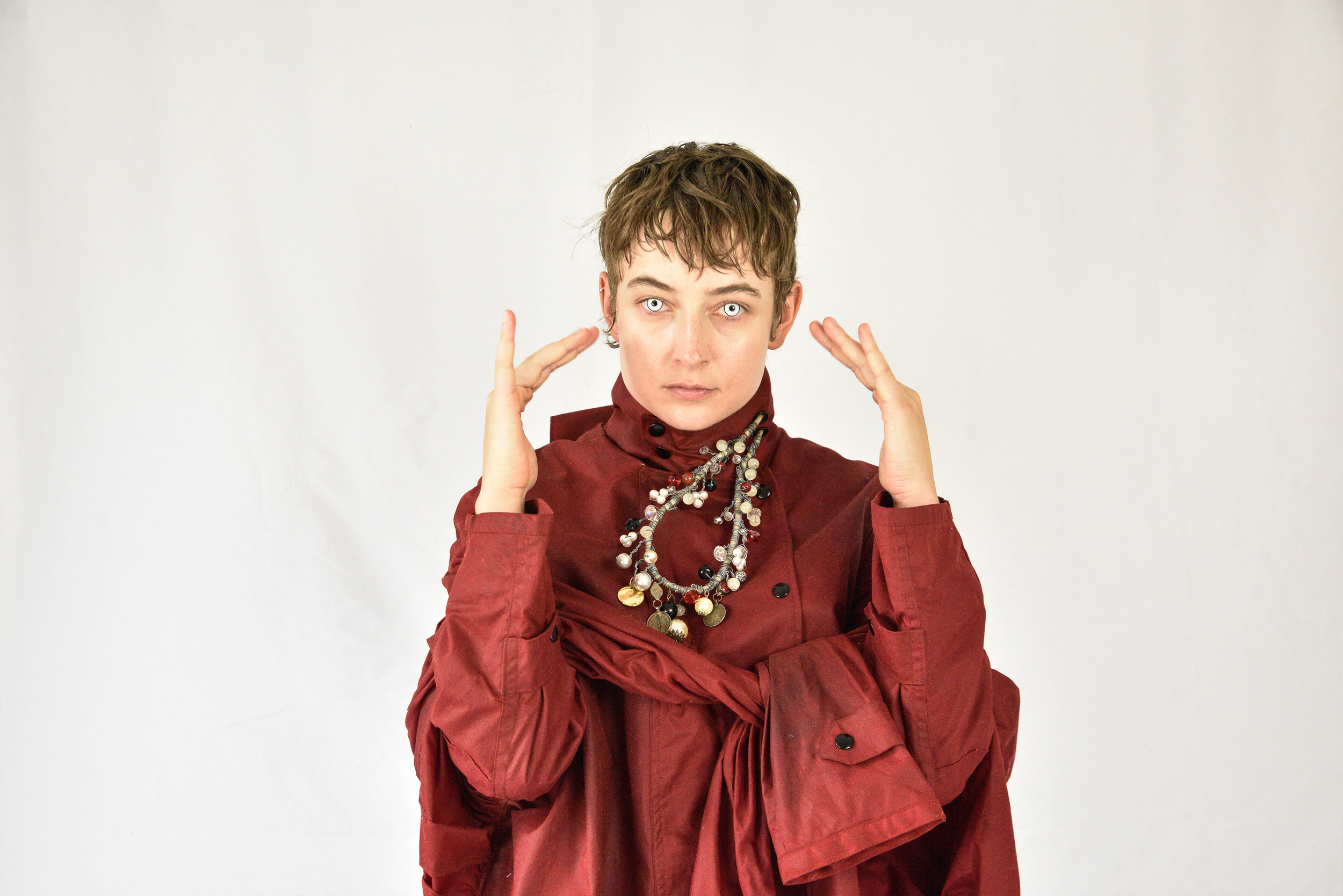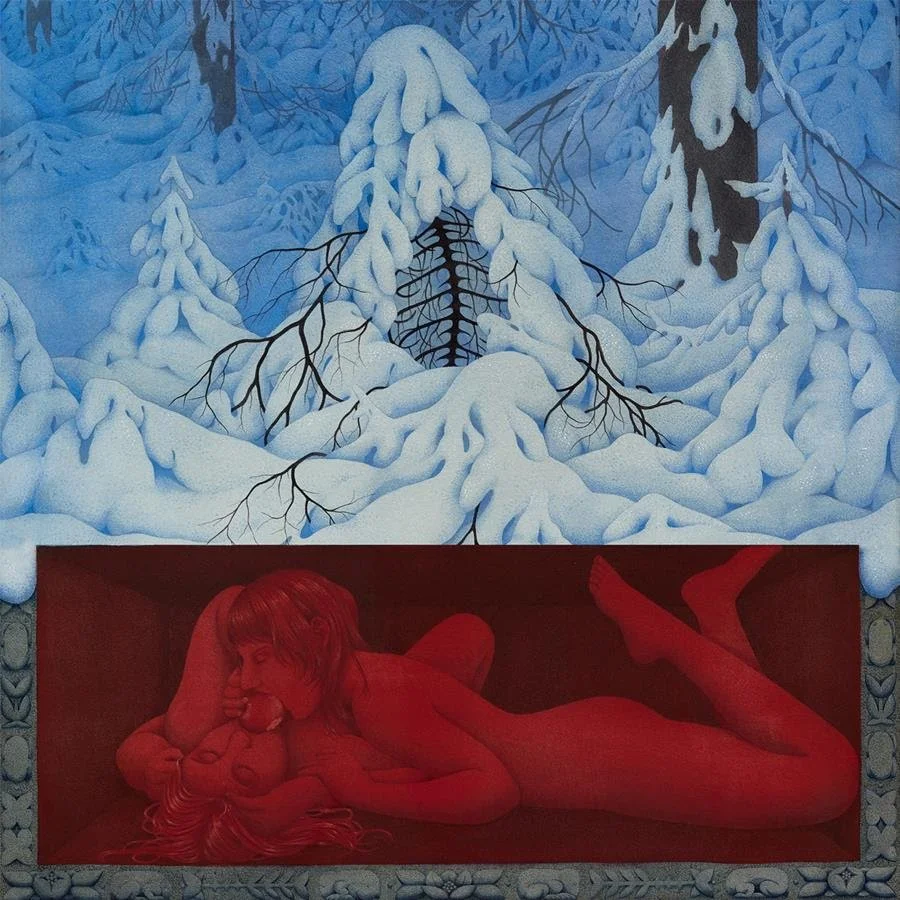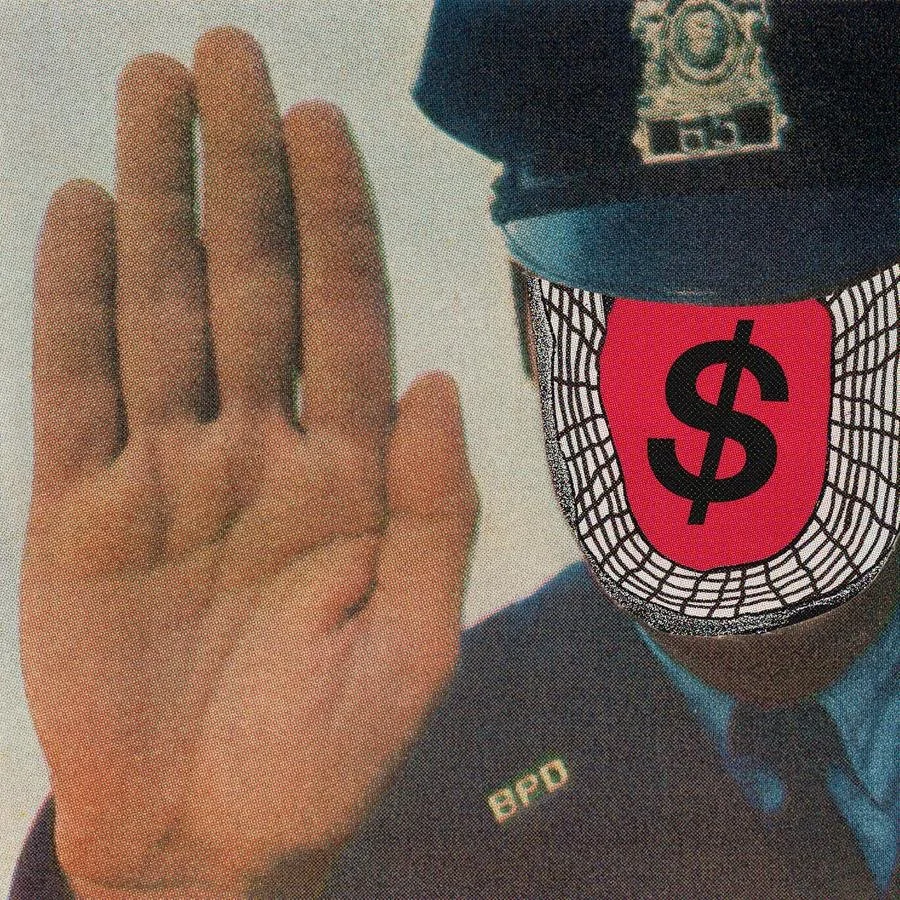Album Review: Mustafa - 'Dunya'

Life, loss and faith through the eyes of the poet.
Mustafa Ahmed, the 28-year-old artist, has proved himself to be one of the most exciting voices in the industry, becoming an acclaimed performance poet, the founder of the Canadian hip-hop collective Halal Gang, a film director, fashion collaborator, and songwriter for artists such as Justin Bieber, Camila Cabello and Shawn Mendes.
Mustafa’s highly anticipated debut album, “Dunya”, takes his deeply personal, introspective style to new heights. Following the success of his EP, “When Smoke Rises”, “Dunya” feels like an expansion on the themes on that project, reflecting on broader issues of identity, faith, and belonging. The album serves as a meditation on life’s complexities, with Mustafa using his music as a vessel to navigate love, loss, and his connection to both his Toronto upbringing and Sudanese heritage. The album features an impressive list of collaborators, including Rosalia, Clairo, Aaron Dessner, Daniel Caesar and Nicolas Jaar, as well as creative director Ramy Youssef.
While his previous project was characterized by its sparse, acoustic arrangements, “Dunya” sees the artist exploring a wider sonic palette. The album retains the intimate folk and R&B elements that defined his earlier work, but now incorporates traditional Sudanese instruments, such as the oud and tambour, alongside modern electronic sounds. Creating a layered and complex sound that still allows his emotions to shine through.
Each of Dunya’s 11 songs play a crucial part in the storytelling, in which Mustafa allows us to look inside his world using themes such as religion, romance, personal tragedies and even existentialism. The album opens with the previously released “Name of God”, a stunning track which reflects on the role of religion in overcoming tragedy. It’s a heartbreaking track in which he sings about his relationship with Islam and finding hope after the death of his brother, ”Whose lord are you naming when you start to break things?”. This subject is explored further in the track “What Happened, Mohamed?”, a direct address to his late brother and an ongoing dialogue with the past. He talks about loneliness, guilt and hardship. Lyrics such as “I don’t blame you for losing your heart” speaks to the weight of survivor’s guilt, offering a heartbreaking window into Mustafa’s attempts to reconcile his grief.
“Imaan” is a standout track. A beautiful exploration of folk and traditional sounds, in which Mustafa talks about religion but this time linked to forbidden love, and an internal battle with traditions and faith. The romantic themes follow on other tracks such as “What good is a heart?”, which follows the willingness to wait for someone to overcome their struggles to fully accept love, “The love that you give is the love you should take, what good is a heart that will not break”.
Mustafa’s ability and detailing of his craft shine throughout the entire project. In "I'll Go Anywhere”, a love song to God and family, he mixes folk melodies with gentle electronic beats, as well as background vocals from Rosalia. In “Beauty, end”, an existentialist track about life and regret, we see a more vulnerable sonic palette, mixing traditional folk guitars reminiscent of Joni Mitchell, with R&B and Rap inspired melodies.
Mustafa is not scared to stand up against injustices. While being a very personal record, he also uses it to address the ongoing crisis in Palestine, which he has been advocating against for years. It is a meaningful way to turn the attention to the suffering of those in Gaza, drawing parallels between the violence he witnessed in Toronto and the oppression faced by Palestinians. The song mixes traditional sounds with electronic beats, and sees Mustafa singing part of the track in Arabic. It is both a tribute to Palestine and a critique on global injustice, bridging the personal and the political in a deeply moving way.
He tackles other political and social problems in tracks such as “Leaving Toronto, a reflection on the challenges of diaspora, in which he sings about his love-hate relationship with the city that raised him, highlighting the complicated emotions tied to a place that has never fully embraced him. With an appearance from Daniel Caesar, the song feels like an ode to both home and exile, expressing a desire to leave behind the pain Toronto has caused him.
The collaborations continue in the last two tracks. “Hope is a knife”, a stripped back ballad, in which with the help of Clairo’s vocals, Mustafa reflects on a love gone wrong, “How did you forget me? Was it a knife or was it a hobby?”. It is a tender duet about heartbreak, and one of the most impressive of the record. And “Nouri”, composed with Rosalia. A track that encapsulates all the themes of the album in one, reflecting on leaving your home, the relationship with family and the evolution of dreams, closing the record on a very personal note.
“Dunya” is an impressive showcase of Mustafa’s abilities both as a musician and poet. It feels like a natural evolution of his artistry, expanding on the vulnerability and emotion of “When Smoke Rises” while introducing new sounds and lyrical themes. The album's title, which means “world” in Arabic, is fitting, as Mustafa invites listeners to see the world and a reflection on faith, love and trauma, through his eyes.
Words by Marcos Sanoja
